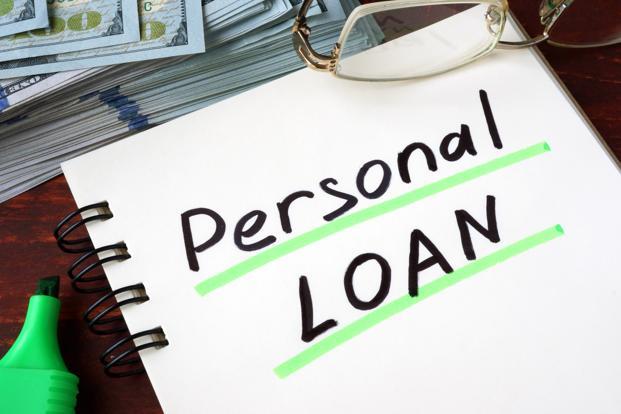Unknown factors that decide your personal loan interest rates
A personal loan can give you quick access to money for whichever reason you need it most and that too without the need of any collateral. These flexible loans can cover various private expenses, including a wedding, vacation, further education, unexpected medical costs, etc.
Depending on your situation, you can choose from various flexible repayment alternatives for personal loans. When you select a longer loan period, the EMI is decreased, making payments more manageable.
Here are the five factors that influence personal loan interest rates:
- Credit score
Your credit behaviour and creditworthiness are reflected in your credit score. Lenders view a credit score of 750 or higher as favourable. If you have a high credit score, lenders will see that you are a reliable borrower and may offer a lower interest rate on your personal loan. It is very crucial that you raise and keep up your CIBIL score.
Your past EMI payment practices are reflected in your credit history. As a result, you should make prompt EMI payments to prevent defaulting on your debt repayment.
- Employment profile
Lenders view higher-income borrowers as more reliable candidates since they are less likely to default on loan payments. When you apply for personal loan, the lender uses your salary to decide whether or not you are a hazardous borrower. A high-risk borrower is more likely to miss payments on a personal loan. The personal loan is typically provided at an alluring interest rate if a well-known company employs you.
- Debt-to-income ratio
Your lender may reject your loan request or offer a higher interest rate on your loan if your debt-to-income ratio is high. Generally, it’s best to maintain the debt-to-income ratio under 50%.
Your debt-to-income ratio is close to 60%, for instance, if your monthly wage is Rs 60,000 and your current EMIs are Rs 35,000. In this situation, the lender might be reluctant to grant you a personal loan, and if it does, you might be assessed a higher interest rate.
- Market conditions
Lenders charge greater interest rates for personal loans amid inflation than during a recession. Lower interest rates are also a result of low repo rates. Even if you do not influence them, you can try to take advantage of them by borrowing money when interest rates are low.
- Banking relationship
The best interest rate on a personal loan can be obtained by leveraging your relationship with the financial institution. Since your current lender would hate to lose you to another one, you undoubtedly have some negotiating power as an old customer.
You can receive the loan at a cheaper interest rate if you have been a dependable customer for several years.
Conclusion
When determining your application for a personal loan and the interest rate, lenders typically take this into account. By keeping these things in mind, personal loan payments can be made affordable.
To remain on top of things, be prudent with your money, create a budget, and make on-time EMI payments. You may relax and enjoy your cash flow after you are debt-free.


Comments are closed.